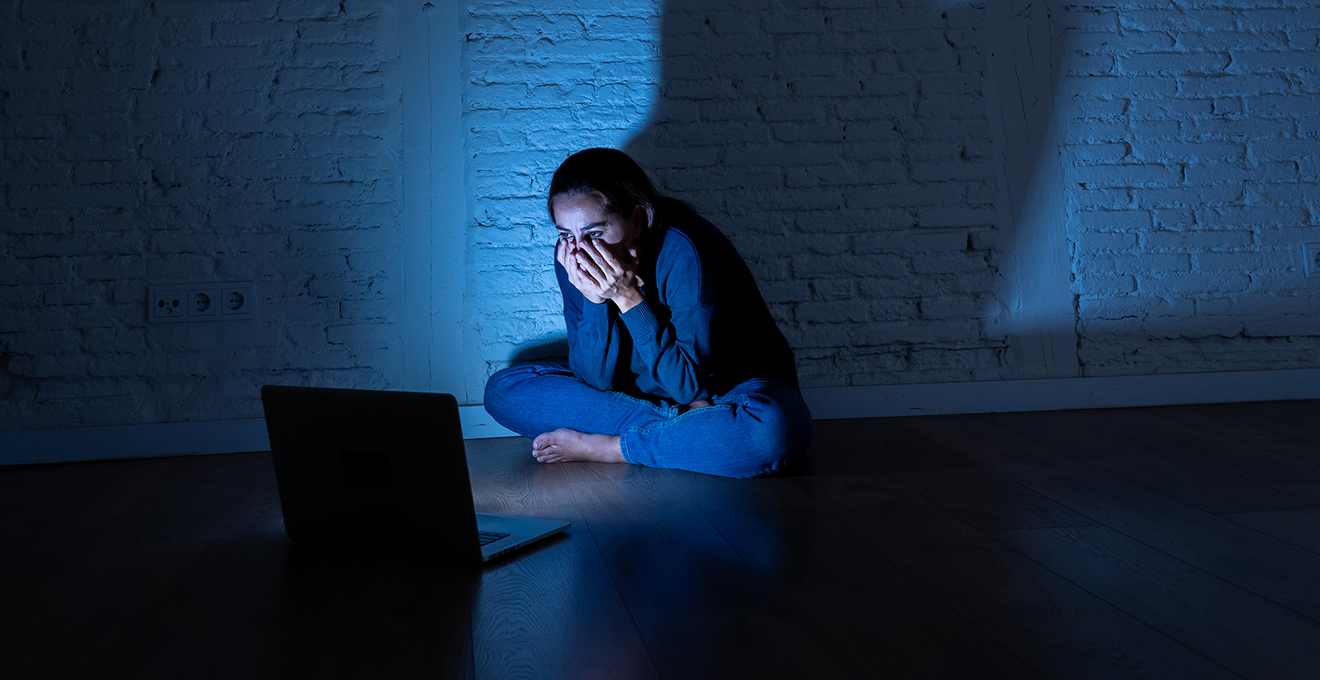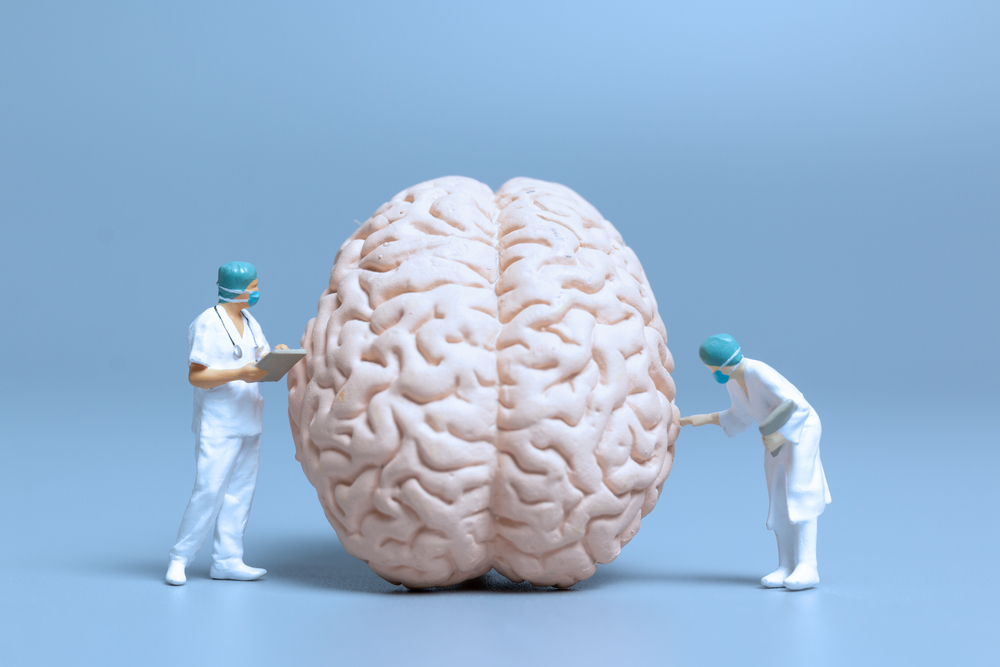The Mental Health Consequences of Long-Term Single Living
Author : Dr Tulika | 22 Jul 2025
Being single for an extended period is often viewed through a dichotomous lens—either as a liberating state of independence or as a breeding ground for loneliness. However, the psychological effects of prolonged singlehood are nuanced, varying significantly from person to person. This blog delves into the diverse psychological impacts of long-term singlehood, exploring both the challenges and growth opportunities it presents.

1. Enhanced Self-Awareness & Personal
Growth One of the most profound effects of being single for a long time is the opportunity for self-discovery. Without the constant influence of a romantic partner, individuals often find the space to explore their values, goals, and interests more deeply. This period of introspection can lead to a stronger sense of identity and purpose. The autonomy afforded by singlehood encourages people to pursue personal growth, develop new skills, and engage in hobbies and activities that bring them joy and fulfillment.
2. Independence & Self-Reliance
Extended singlehood can foster a significant degree of independence. Individuals learn to rely on themselves for emotional support and decision-making, which can enhance their resilience and problem-solving abilities. This self-reliance often translates into a higher level of competence in handling life's challenges. The ability to navigate life's ups and downs without the immediate support of a partner builds emotional strength and can contribute to a more robust sense of self-efficacy.
3. Social Connectivity & Friendship
Bonds While romantic relationships are often seen as the pinnacle of emotional connection, long-term single individuals may develop deeper and more meaningful friendships. The time and energy that might otherwise be invested in a romantic partner can be channeled into cultivating strong, supportive friendships. These relationships can provide a sense of belonging and emotional support, mitigating feelings of loneliness and enhancing overall well-being.
4. Societal Pressures & Self-Esteem
Despite the benefits of singlehood, societal norms and expectations can exert considerable pressure on individuals. In cultures that prioritize romantic partnerships as markers of success and happiness, prolonged singlehood can sometimes lead to a decline in self-esteem. People may internalize negative societal messages, questioning their worth based on their relationship status. This societal scrutiny can lead to feelings of inadequacy or failure, particularly if individuals compare themselves to peers who are in relationships or have started families.
5. Loneliness & Isolation
While some single individuals thrive on their independence, others may experience significant loneliness and social isolation. The lack of a consistent emotional connection with a partner can lead to feelings of emptiness and longing. This sense of isolation can be exacerbated by societal events and milestones that highlight romantic partnerships, such as weddings or holidays. Prolonged loneliness can contribute to mental health issues such as depression and anxiety, underscoring the importance of building a robust social support network.
6. Fear of Vulnerability & Rejection
After being single for a long time, the prospect of entering a new romantic relationship can be daunting. Individuals may develop a heightened fear of vulnerability and rejection, making it challenging to open up to potential partners. The protective barriers built during singlehood can hinder emotional intimacy, creating a cautious approach to new relationships. This fear can stem from past experiences or a prolonged absence of romantic interaction, leading to anxiety about forming new emotional bonds.
7. Shift in Priorities & Values
Long-term singlehood often leads to a re-evaluation of personal priorities and values. Without the influence of a partner's needs and desires, individuals may prioritize career ambitions, personal goals, and self-care. This shift can result in significant personal achievements and a fulfilling lifestyle. Single individuals might also develop a stronger sense of autonomy and self-sufficiency, finding satisfaction in their personal accomplishments and the freedom to make decisions unencumbered by a partner's input.
Conclusion
The psychological effects of being single for a long time are multifaceted, encompassing both positive growth and potential challenges. While prolonged singlehood can lead to enhanced self-awareness, independence, and deepened friendships, it can also pose risks such as loneliness, societal pressure, and fear of vulnerability. Ultimately, the impact of long-term singlehood on an individual's mental health and well-being depends on their personal resilience, social support system, and ability to find fulfillment in various aspects of life.
Maintaining a balanced perspective and fostering strong social connections are crucial for navigating the complexities of prolonged singlehood. By embracing the opportunities for personal growth and self-discovery, individuals can thrive and lead fulfilling lives, irrespective of their relationship status.
















